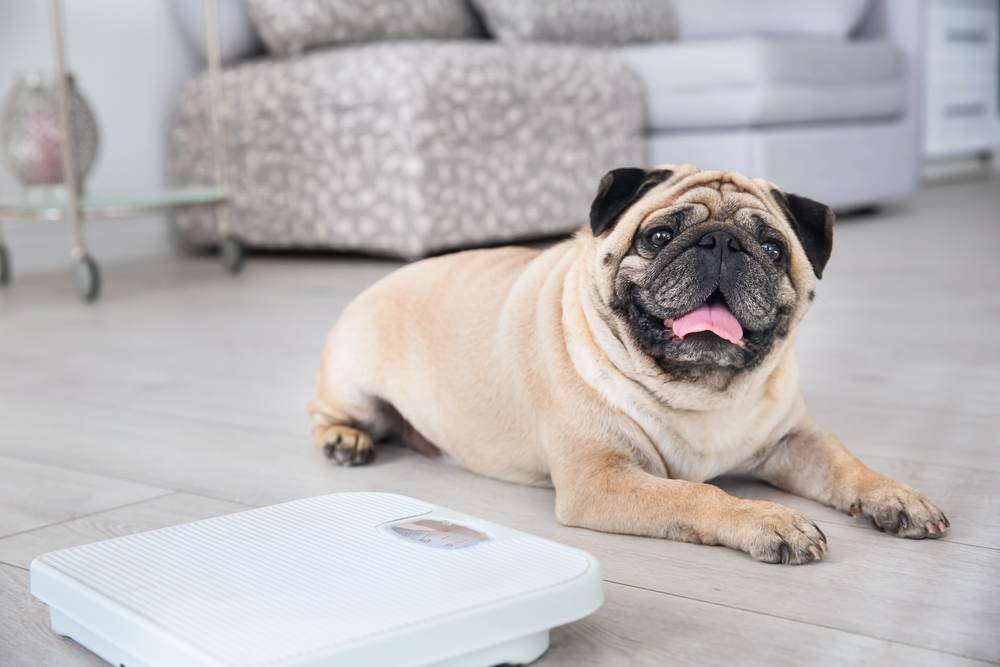

Ensuring your animal companion has a healthy weight will reduce the risk of various health issues. These include diabetes, high blood pressure, respiratory disease, and other diseases. According to the AVMA, excess weight can lower your pet's life expectancy by over two years.
According to one survey, more than half of America's pet population is overweight or obese. If you believe your furry friend would benefit from losing weight, it will help to understand how to help overweight pets lose weight.
What Is a Healthy Weight for Pets?
It is vital to note that no standard weight applies to all pets. The ideal weight for your furry friend will depend on several factors, such as breed, height, and age. However, you should pay attention to your pet's body condition and work with a vet to identify potential weight issues.
An at-home body condition check might help you determine if your furry pal is at risk of being overweight or obese. You can also ask your veterinarian to perform a knuckle test. Generally, a dog or cat's ribs should have minimal fat covering them. When viewed from above, their waist should be easily visible. Also, the stomach should have an upward slant when viewed from the side instead of hanging low to the ground.
How to Keep Your Pet at a Healthy Weight
Here are several tips to help you keep your animal friend at a healthy weight:
Consult a Veterinarian
Are you worried about your pet's weight? If so, speak with a veterinarian and ask for specific recommendations based on your pet's needs. The vet will assist you in developing an appropriate weight management plan. That may include exercise, dietary changes, and regular weigh-ins to track their progress.
Monitor Food Intake
Feeding pets the appropriate amount of food for their size, age, and activity level is critical. Overfeeding can cause your pet to gain weight. However, underfeeding can cause them to lose too much weight.
Use measuring cups or weighing scales to ensure you give your furry friend the correct portion sizes. You can also consult a vet or follow the feeding instructions provided by the pet food manufacturer.
Choose Healthy Treats
Treats can be an excellent way to reward your animal friend. Yet, it is best to ensure they are healthy. Avoid giving them treats that are high in calories or fat. Instead, provide low-calorie treats. You can also divide the treats into smaller portions to help control their calorie intake.
Provide Adequate Exercise
Exercise can help keep your pet at a healthy weight. Ensure they get enough physical activity daily by walking, running, or playing. It would help to keep their exercise routine interesting by trying different activities such as swimming or fetch.
Conclusion
It is essential to monitor your pet's body condition or weight and watch for any changes. If you notice excessive weight gain, it may be time to make dietary and exercise changes. The goal is to maintain their weight within a healthy range, as being overweight or obese can lead to health problems.
For more pet care tips, visit The Animal Hospital in Slingerlands, NY. Please call (518) 456-0852 to discuss any questions with our team of experts or to schedule an appointment for your furry friend today.








